Three phase system is widely used in generation, transmission and distribution. Single phase system is only used to operate small electrical appliances at consumer ends where the power rating is very less.
Some of the advantages of three phase system or poly phase systems compared to single phase system is explained below
Advantages of three phase system:
- The output of 3 phase machine is always greater than single phase machine of same size. The output will be approximately 1.5 times than single phase machine. So for given size and voltage 3 phase alternator or electrical machines occupy less space and less cost compared to single phase machine having same rating
- For transmission of electrical power three phase supply requires less copper or less conducting material than that of single phase system for given volt-amperes and voltage ratings. Hence 3 phase system is more economical compared to single phase system
- Single phase machines are not self starting machines. On the other hand three phase machines are self starting due to rotating magnetic field. Therefore in order to start a single phase machine an auxiliary device is required which not in the case of 3 phase machine.
- Power factor of single phase machines is poor compared to three phase machines.
- In single phase system the instantaneous power is function of time. Hence fluctuates with respect to time. The fluctuating power will cause significant vibrations in the single phase machines. Hence performance of single phase machines is poor. While instantaneous symmetrical three phase system is always constant
- Three phase system gives steady output
- Single phase system can be obtained from three phase supply system, vice-versa is not possible
- For converting systems like rectifiers, the dc voltage waveform becomes more smoother with the increase in the number of phases of the system. Hence three phase system is advantageous compared to single phase system
- 3 phase motors will have uniform torque whereas single phase motors will have pulsating torque
- Parallel operation of three phase generators will be simple compared to single phase generators because of pulsating reaction in single phase generator
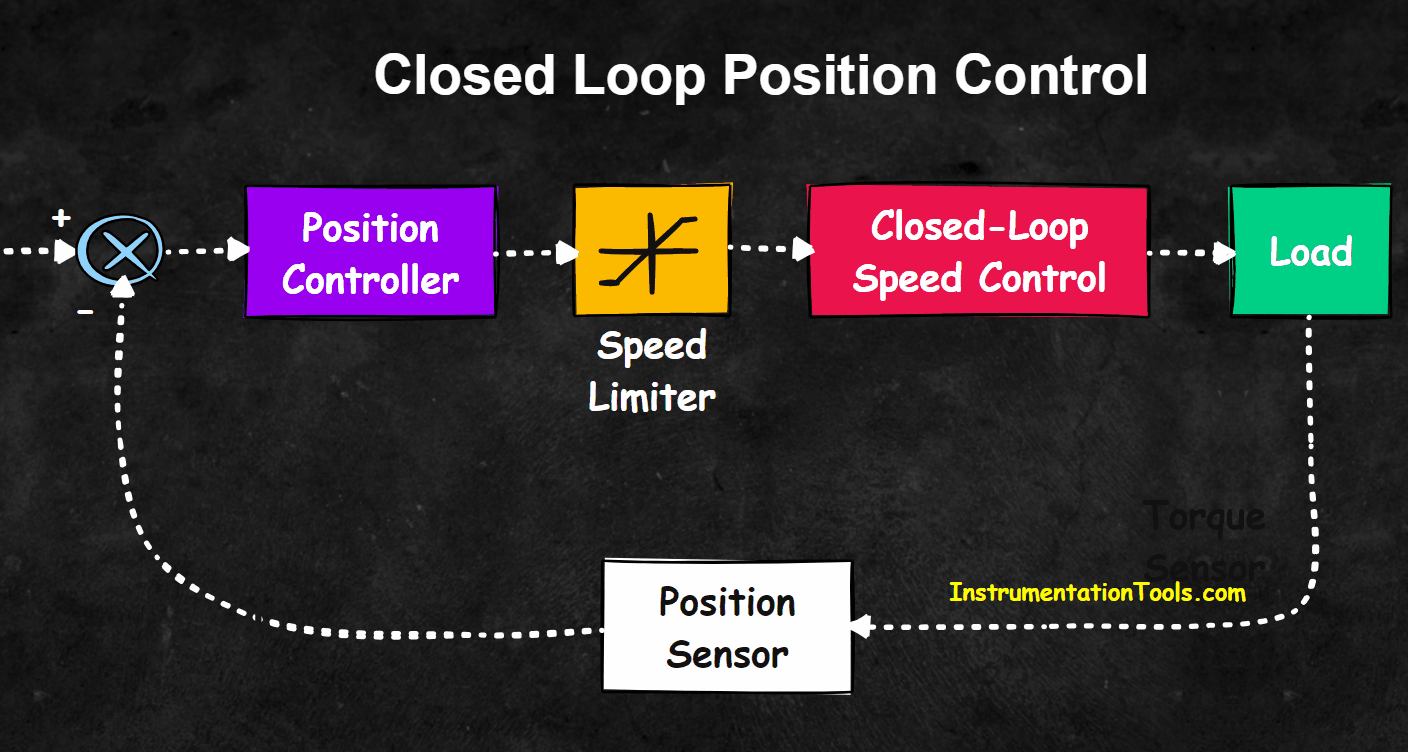
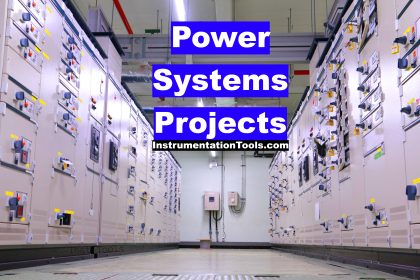
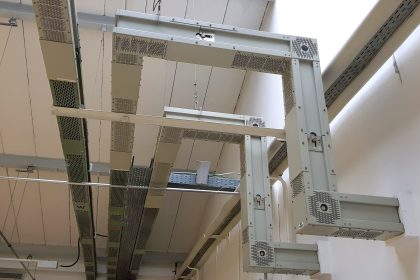
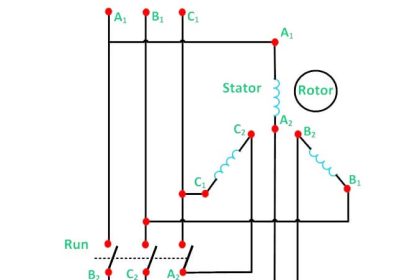
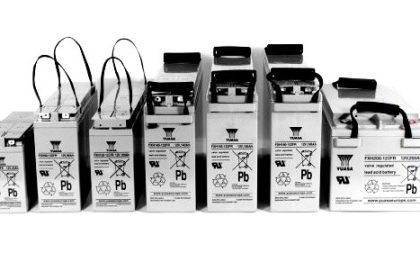
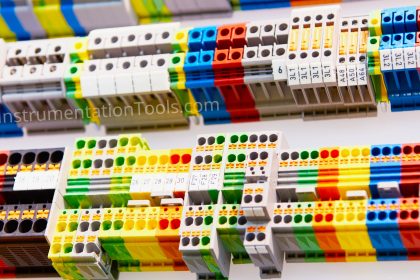

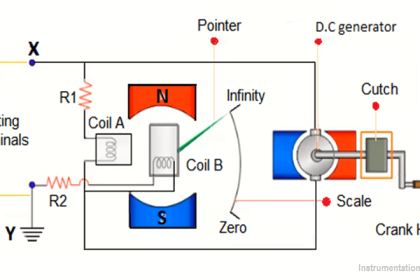

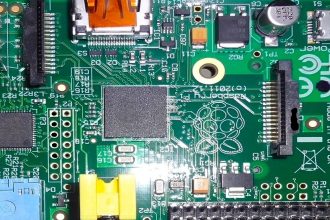
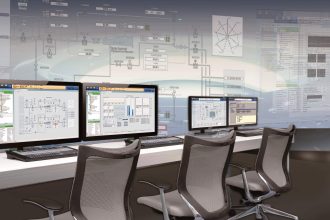

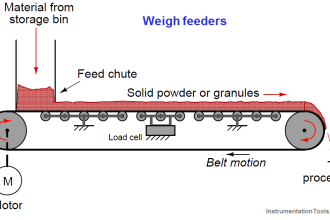
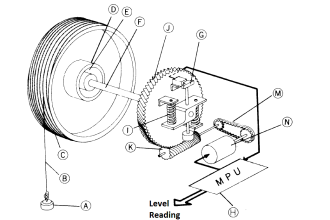
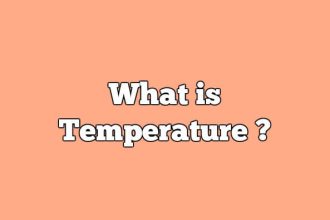


• The three-phase system allows a rotating magnetic field to be obtained, which allows the use of three-phase asynchronous motors;
• This advantage really does take place
Further, it is necessary to indicate the disadvantages.
The system uses 3 or even 4 wires, which is very expensive.
In a three-phase system, there must be a certain distance between the wires – several meters, which does not allow its use in underground or underwater systems.
The wire supports are bulky and very expensive.
The energy transmitted by a three-phase system can be transmitted over a single wire. In this case, this single wire will be the same as the wires in a three-phase system.
All this is published in articles, patents and in book 1. Bank, M. “It Is Quite Another Electricity: Transmitting by One Wire and without Grounding,” Patridge,March 2017.